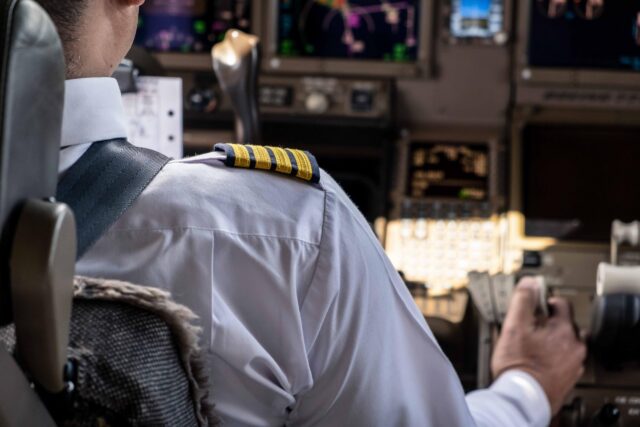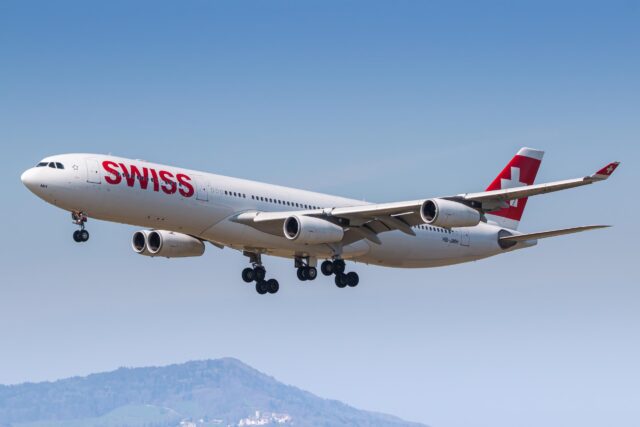Trump’s tariffs are hitting Boeing hard
April 24, 2025

The bulk of any payment for an airliner is made on delivery, so any refusal to take delivery has a major impact on Boeing, who do not receive payment when expected, and who then have to store and maintain the undelivered aircraft, which imposes significant costs.
China is the world’s largest market for civil airliners, and Chinese airlines are expected to purchase more than 8,800 new aircraft over the next 20 years. Chinese airlines have some 295 Boeing 737 MAX aircraft on order, thanks to early Chinese enthusiasm for the type, and Boeing and Comac jointly established the Zhoushan Completion and Delivery Center to undertake the installation of cabin interiors and exterior painting of ‘green’ 737 MAX-family aircraft for Chinese customers delivered from Seattle.
Boeing took orders from Chinese customers for 122 aircraft in 2017 and 2018, but in the six years since the company has only received orders for 28 aircraft – mostly freighters, or for Chinese-owned leasing companies. Though deliveries to meet older orders have continues, Chinese airlines have not placed any orders for new Boeing airliners since 2019.
Chinese enthusiasm for the Boeing 737 MAX survived two fatal crashes, even though China became the first country to ground the model in March 2019. Then, when the rest of the world resumed passenger operations in late 2020, China did not allow a return to service until China Southern Airlines resumed commercial operations with the 737-8 in January 2023. Deliveries of the type to Chinese carriers resumed the same month.
Boeing is particularly vulnerable to the ongoing tariff ‘war’, since it builds its aircraft in US factories, but imports many parts and major sub-assemblies, and then sells about two-thirds of its commercial airliners to export customers. Thus, when China announced that it would block deliveries of Boeing airliners to Chinese airlines, Boeing’s stock price took an immediate hit.
Boeing had been expected deliver 44 aircraft to Chinese customers in 2025, including 39 737-8s and 10 737-10s for Xiamen Airlines. But since China blocked deliveries, at least two of the 737-8s intended for Xiamen Airlines have been returned from Boeing’s Zhoushan Completion and Delivery Center.
The first aircraft (N230BE, 64680), painted in Xiamen Airlines livery, arrived back in Seattle on 20 April after transiting through Hawaii. The second (N242BE, 64677) departed Zhoushan on 21 April.
Aviation Week reports that Juneyao Air has also reportedly postponed the handover of a 787-9.
On 15 April, President Trump impotently raged on his ‘Truth Social’ network that: “Interestingly, they just reneged on the big Boeing deal, saying that they will “not take possession” of fully committed to aircraft.”
On 24 April, Trump wrote that: “Boeing should default China for not taking the beautifully finished planes that China committed to purchase. This is just a small example of what China has done to the USA, for years…”
Richard Aboulafia, the managing director of the AeroDynamic Advisory consultancy, said that the Trump administration had displayed a “profound and hard-earned level of ignorance” of the aerospace industry, and said that long-term tariffs would be extremely damaging for Boeing, which supports 1.6 million direct and indirect jobs and contributes almost US $80 billion to the US economy.
















